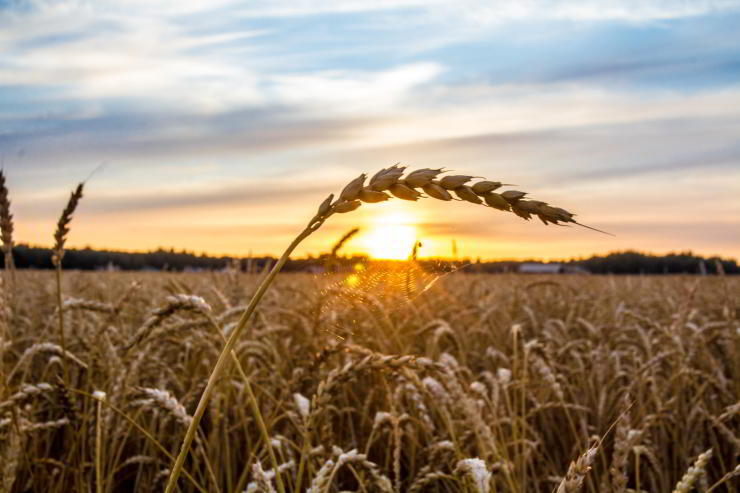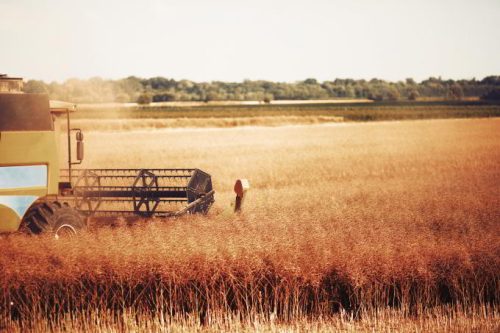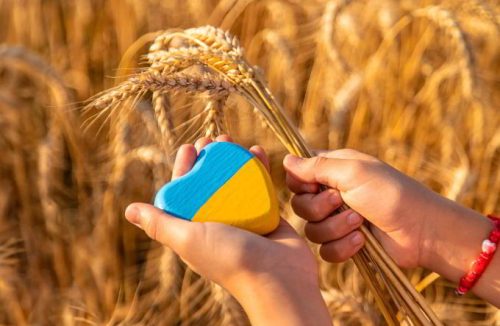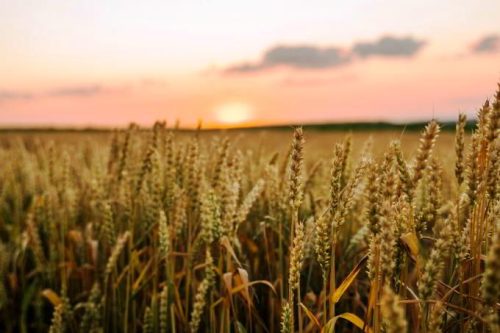The Geopolitics of Wheat. Resources as a weapon.

Since ancient times, food resources have played a decisive role in political dynamics both internally and externally. They constitute a key element on which the development and stability of states depend,
as well as, migratory flows and conflicts over the possession
and/or use of land and water.
These resources can also take on geopolitical connotations and, therefore, influence relations between states by playing a decisive role in the theatres of global competition, or be used as an element of “coercive diplomacy” in the event where one or more actors use them to influence the behaviour of others by limiting their access.
One of the emblematic cases in recent history is the strategy implemented by the US Administration, during the Reagan presidency, based on food supplies to increase US influence in Third World states. More specifically, this strategy consisted of artificially creating economic incentives for non-food agricultural production, such as cocoa, cotton and coffee, to make the “beneficiaries” dependent on food imports, to be able to influence their political processes.
For states exposed to the risk of poverty, access to food resources is comparable to the role that energy security and the supply of critical materials play for advanced states. In fact, price is also a decisive factor for them, given that high prices prevent accessibility by the poorest classes, which consequently leads to disorder and instability.

Agricultura machine harvesting crop in fields. Wheat plays a role of primary importance for global food security. 123rf
However, price is determined not only by meteorological factors, but also by political decisions, by the volatility of financial markets, by the price of hydrocarbons and phosphates, and last but not least by the impact of climate change. The market shock on global food prices, generated following the pandemic and the Russian-Ukrainian conflict, is emblematic of the period 2020, 2021 and 2022, the year in which peaks were reached. In subsequent periods, prices began to fall again. However, in the opinion of industry analysts, this price drop, also announced by the Food and Agriculture Organization (FAO) in 2024, could not herald stabilisation as long as the major players involved in war tensions continued to use resources as weapons.
Among food resources, wheat undoubtedly plays a role of primary importance for global food security, being one of the most traded raw materials in terms of value on an international scale, second only to soya. According to FAO statistics, just under one hundred countries in the world produce wheat and of these, only twenty-four manage to produce it to the value of more than a billion dollars.

Child in a field of wheat with the flag of Ukraine. Before the outbreak of the conflict, Ukraine was about to become the third-largest exporter in the world. 123rf
To date, the annual world production of wheat stands at around 700/750 Mt (million tons) and sees China in the lead with an annual production of around 137 Mt, followed by the European Union which, with its 134 Mt (in recent years European production has fluctuated between 125 and 140 Mt), undoubtedly plays a leading role with France, Romania and Germany at the top of the Union’s producing countries. Then there is India with 110 Mt, the Russian Federation with 75 Mt and the United States with 46 Mt. Not all producing countries are also exporters.In fact, China, despite being the largest producer globally, imports approximately 10 Mt of additional wheat every year, while the largest exporting countries include the Russian Federation, which in the 2022-2023 campaign, the period of the outbreak of hostilities with Ukraine, exported a record quantity of wheat, equal to over 45 Mt, followed by Canada, Australia and the United States with 17, 23 and 24 Mt respectively.Ukraine deserves special mention. Before the outbreak of the conflict, the Russian Federation was about to become the third-largest exporter in the world, while today, according to USDA (U.S. Department of Agriculture) data, it exports about 10 Mt.
The importance of the high demand for wheat on a global scale is given by the role of primary importance that cereal plays in human nutrition and, therefore, in the food industry, mainly engaged in the transformation of wheat into professional flour, which is one of the main destinations of cultivated wheat.

Wheat field. Geopolitical challenges have affected wheat production and flour availability. 123rf
The significant increase in demand for food products on a global scale has, as a result, determined the growth of the flour trade whose major producers are the United States, China, the European Union, India and Russia. The respective food industries of these countries produce, in fact, high-quality flour intended for a wide range of products, from bread making to the pasta industry. More specifically, soft wheat is used for the production of flour suitable for bread making and other baked products, while durum wheat is used for the production of pasta. Furthermore, durum wheat is widely used in regional cuisines in African and Middle Eastern countries.
However, geopolitical challenges such as trade tensions, climate change and national agricultural policies can significantly affect wheat production and flour availability. Therefore, today, in an increasingly interconnected world, the geopolitics of wheat plays a fundamental role in global food security and the economic prosperity of countries involved in producing and selling professional flour. (Open Photo: Wheat field. 123rf)
F.R.



